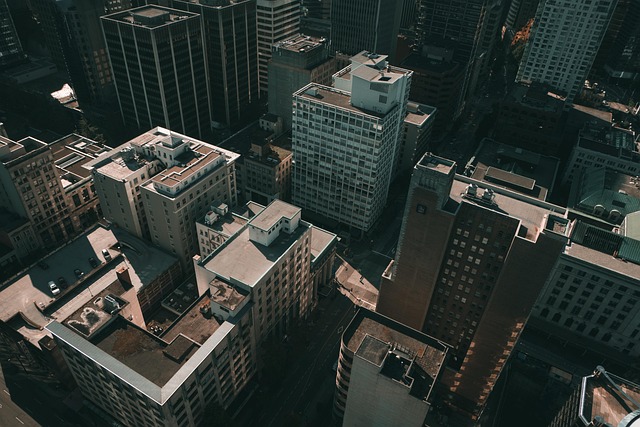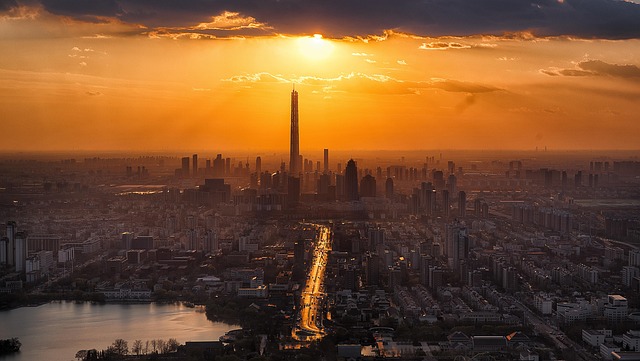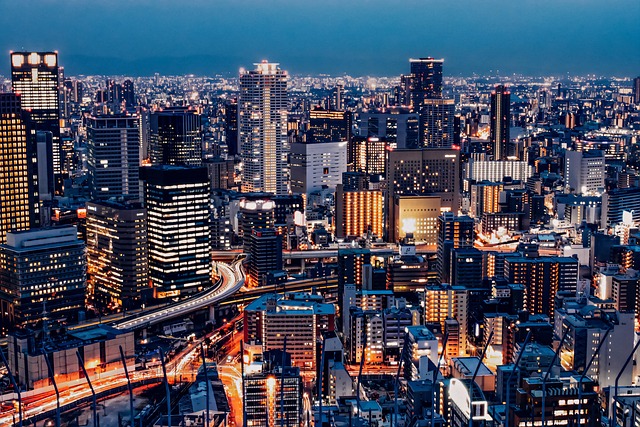Karachi, Pakistan's economic powerhouse, is transforming its waste management with an extensive network of recycling centers strategically placed across neighborhoods. These facilities cater to both residents and businesses, promoting responsible disposal and fostering a culture of sustainability. The city's growing environmental consciousness is evident in the success of these centers, like Green Recycling Solutions and Eco-Friendly Recycling Center, which contribute to Karachi's cleanliness and green initiatives, inspiring a quieter revolution towards a greener future.
In Karachi, the bustling metropolis known for its vibrant landscape, efficient waste management is crucial for a sustainable future. This article explores the accessibility and impact of recycling centers near the Malir Link to the Super Highway. From understanding local waste dynamics in Malir to highlighting top-rated facilities, we delve into the city’s recycling efforts. Community engagement plays a pivotal role, fostering sustainable practices that leave an indelible mark on Karachi’s environmental narrative.
- Location and Accessibility of Recycling Centers in Karachi
- Understanding Local Waste Management in Malir
- Top-Rated Recycling Facilities Near Super Highway
- The Role of Community Engagement in Karachi's Recycling Effort
- Sustainable Practices at Recycling Centers Across Karachi
Location and Accessibility of Recycling Centers in Karachi

Karachi, as Pakistan’s economic powerhouse, boasts a network of recycling centers scattered across its diverse neighborhoods. These facilities play a pivotal role in managing the city’s waste and promoting sustainable practices. In terms of location, many recycling centers are strategically positioned near major thoroughfares and industrial areas to facilitate efficient waste collection. For instance, those situated near the Malir Link to Super Highway often serve as crucial hubs for commercial and residential waste management.
Accessibility is another key aspect, with some centers designed to accommodate both individual residents and large-scale businesses. Karachi’s recycling infrastructure is continuously evolving, driven by increasing environmental awareness and the need for responsible waste disposal. This accessibility encourages a culture of recycling among the city’s folks, contributing to a cleaner and more sustainable Karachi.
Understanding Local Waste Management in Malir

Malir, a vibrant part of Karachi, has been making strides in its waste management practices, with recycling centers playing a pivotal role. The city’s waste landscape is dynamic, and understanding local initiatives is key to fostering a more sustainable future. With the growing awareness about environmental conservation, Malir residents and authorities are actively exploring eco-friendly solutions.
The establishment of recycling centers near the Malir Link To Super Highway has been a game-changer. These facilities not only promote the segregation and processing of recyclable materials but also educate the community on responsible waste disposal. Karachi, known for its bustling streets and diverse communities, is witnessing a quiet revolution as these centers become hubs for environmental stewardship, ensuring a cleaner and greener future for the city’s inhabitants.
Top-Rated Recycling Facilities Near Super Highway

Karachi, as Pakistan’s largest city, boasts several top-rated recycling facilities located conveniently near the Super Highway. These centers play a pivotal role in managing the region’s waste and promoting sustainable practices. One standout facility is Green Recycling Solutions, situated just off the Super Highway. Known for its advanced sorting technology and robust recycling programs, it accepts a wide range of materials, from plastic and paper to glass and metal.
Another notable mention is Eco-Friendly Recycling Center, strategically positioned along the Malir Link Road. This center stands out for its commitment to environmental conservation and community engagement. They offer comprehensive recycling services, including electronic waste disposal, ensuring that residents can responsibly get rid of their e-waste. Both facilities contribute significantly to Karachi’s recycling efforts, making it easier for locals to do their part in keeping the city clean and green.
The Role of Community Engagement in Karachi's Recycling Effort

Karachi, as Pakistan’s economic hub, faces unique challenges when it comes to waste management and recycling. However, community engagement plays a pivotal role in enhancing the city’s recycling efforts. Local initiatives led by residents, schools, and NGOs have been instrumental in promoting a culture of recycling within the bustling metropolis. These collective actions not only contribute to a cleaner environment but also foster a sense of civic responsibility among Karachiites.
By organizing awareness campaigns, community clean-up drives, and educational programs, Karachi’s residents are actively participating in the circular economy. This engagement encourages responsible waste segregation at the source, ensuring that recyclable materials reach recycling centers like those situated near the Malir Link to Super Highway. As a result, these efforts significantly reduce the city’s carbon footprint and promote sustainable practices.
Sustainable Practices at Recycling Centers Across Karachi

Karachi, Pakistan’s bustling metropolis, has witnessed a growing emphasis on sustainable practices, and recycling centers play a pivotal role in this green revolution. These centers across the city, including those located near the Malir Link to Super Highway, have become hubs for eco-friendly initiatives. They not only facilitate the collection and processing of recyclable materials but also promote awareness about responsible waste management among the local communities.
The recycling process involves sorting, cleaning, and compressing various materials like paper, plastic, glass, and metal, ensuring they are given new life rather than ending up in landfills. Many centers in Karachi have adopted innovative techniques to enhance their efficiency, reducing environmental impact further. They collaborate with local businesses and residents to establish efficient collection systems, making it easier for people to contribute to the recycling effort. This collective approach is a testament to Karachi’s commitment to becoming a greener and more sustainable city.
In conclusion, Karachi, with its bustling landscape, has made significant strides in waste management, particularly through the strategic placement of recycling centers. The article highlights the accessibility of these facilities near the Malir Link To Super Highway, fostering a more sustainable and eco-friendly city. Engaging the community and adopting sustainable practices at these centers have proven to be game changers in Karachi’s ongoing journey towards a cleaner, greener future.



